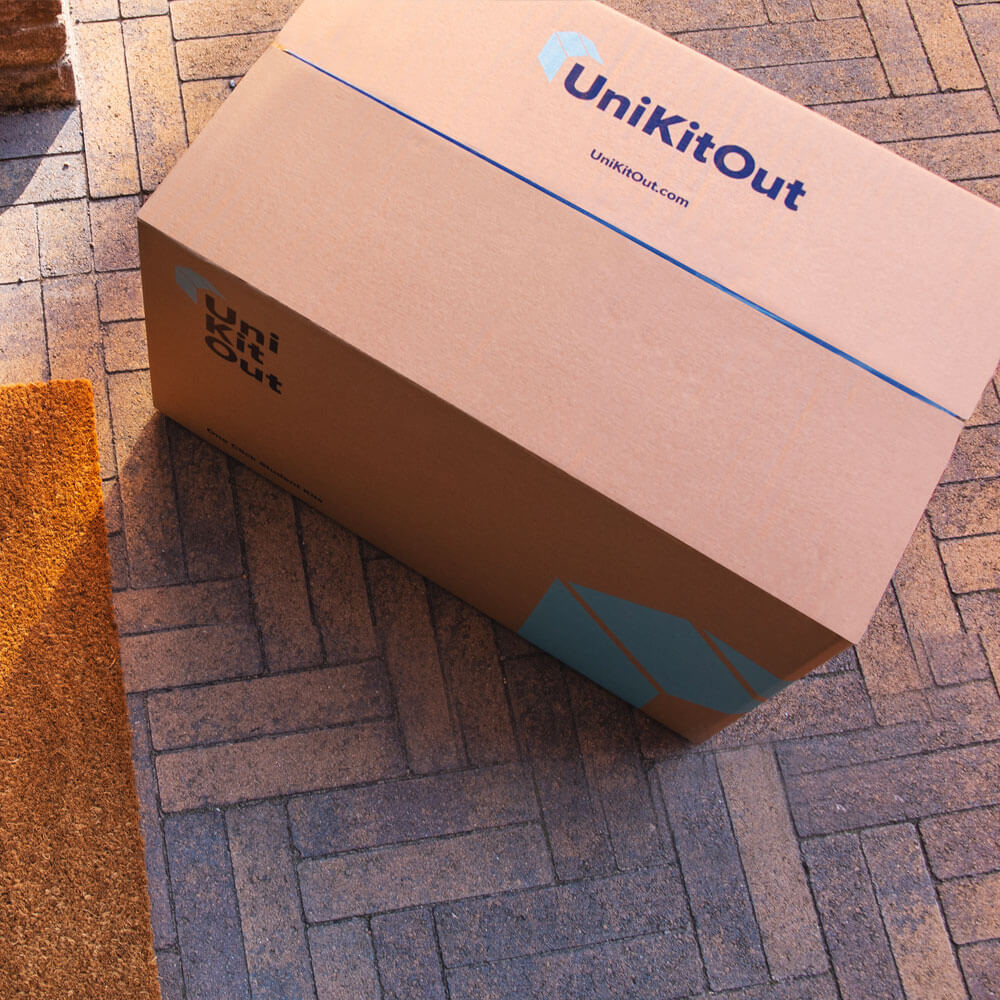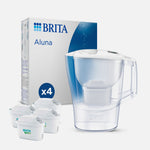Moving out of your parents’ house or dorms into a student apartment feels like the ultimate taste of freedom, until you realize you now have to worry about things like leaky faucets, dodgy landlords, and whether your Wi-Fi will survive a late-night study session. In a city like Philadelphia, where thousands of students are constantly searching for housing near universities, the options can be overwhelming.
But don’t panic just yet. Whether you’re at Penn, Temple, Drexel, or another Philly school, the key to stress-free student living is knowing exactly what to look for before you sign that lease. Consider this your friendly but serious housing checklist to help you find a place that’s affordable, convenient, and livable enough that you don’t regret it halfway through the semester.
1. Location & Transportation
Sure, the dream is to live across the street from campus so you can roll out of bed 10 minutes before class. But, student apartments in Philadelphia don't always work that neatly.
-
Look at how far the student apartment is from your campus. A 15-minute commute sounds fine until winter hits and you’re walking through freezing wind tunnels on Market Street.
-
Check public transit options. SEPTA buses, trolleys, and subways can save you serious time and money. Being near a stop can make slightly cheaper housing worth it.
-
Consider neighborhood vibes. University City, South Philly, and Fishtown all have very different atmospheres. Choose one that matches your budget and lifestyle.
Some properties that you can check in Philadelphia -
2. Rent and What It Really Includes
Rent is never just rent, especially in Philadelphia. Some landlords will include utilities, while others will happily leave you with surprise bills every month.
-
Ask if rent covers water, heating, internet, and electricity. Heating bills in the winter can spike, and you don’t want to find out the hard way.
-
Factor in hidden costs like laundry. Do you have an in-unit washer and dryer, or will you be dragging your clothes to a laundromat at 11 p.m.?
-
Be realistic about splitting costs with roommates. A $1,200 apartment sounds terrifying until you realize that is $400 each with two roommates. Suddenly, it’s manageable.
3. Safety and Security
This isn’t just your mom worrying, it’s important. Philadelphia has amazing neighborhoods, but like any big city, safety varies block by block.
-
Look for secure entrances, locks on windows, and working smoke detectors.
-
Ask neighbors or other students about the area. Word of mouth often tells you more than any online listing.
-
Check lighting around the property. A well-lit street is a lot less intimidating when you’re walking home from a late-night study group.
4. Apartment Condition
The glossy photos online may not show you the peeling paint or the “quirky” plumbing. Tour the place if you can, and check:
-
Water pressure in the shower (yes, test it).
-
Kitchen appliances—do the stove, oven, and fridge actually work?
-
Signs of pests. If you see traps or droppings, that’s a red flag.
-
Heating and cooling systems. Philly summers are hot, winters are freezing, and you’ll want reliable temperature control.
5. Landlord or Property Manager
A good landlord can make your housing experience smooth, while a bad one can turn it into a semester-long nightmare.
-
Pay attention during the tour. Are they upfront, communicative, and willing to answer your questions?
-
Ask about maintenance response times. If your sink leaks, you don’t want to wait two weeks for someone to show up.
-
Check online reviews. Other students are brutally honest about their rental experiences, and that’s exactly what you need.
6. Roommate Compatibility
If you’re living with roommates, the apartment itself is only half the equation. The other half is making sure you don’t end up living with someone whose lifestyle clashes with yours.
-
Talk about study habits, guests, and cleaning routines before signing anything.
-
Decide how bills will be split and paid. Venmo reminders every month get old fast.
-
Remember, cheap rent is not worth a roommate who throws house parties during finals week.
7. Lease Details
Reading a lease is not fun, but neither is being surprised later by a rule you didn’t know about.
-
Look for the length of the lease. Most are 12 months, but some student housing offers shorter terms.
-
Check for subletting rules. If you plan to go home for summer, you might want someone to take over your lease.
-
Ask about penalties for breaking the lease. Life happens, and you’ll want to know the risks.
8. Extras That Actually Matter
Some “bonus” features can make a huge difference in your daily student life:
-
Reliable Wi-Fi (do not underestimate this).
-
Study-friendly common areas or a quiet spot for Zoom classes.
-
Nearby grocery stores, coffee shops, and affordable takeout spots. Because let’s be real, instant ramen will only get you so far.
Final Thoughts
At the end of the day, the best housing is the one that fits your student lifestyle: affordable enough to not drain your budget, safe enough to give you peace of mind, and comfortable enough that you can focus on the reason you’re here, your studies (and maybe a little late-night fun).
With the right checklist, you’ll not only find a place to live, you’ll find a place that feels like home in the heart of Philadelphia.
How can amber help you?
amber helps you secure student accommodation of your choice on your study abroad journey. Having served 80 million students (and counting), amber is your one-stop shop for all your accommodation needs. Download the amber app from the Google Play Store or App Store to book an affordable home for your adventure.



































